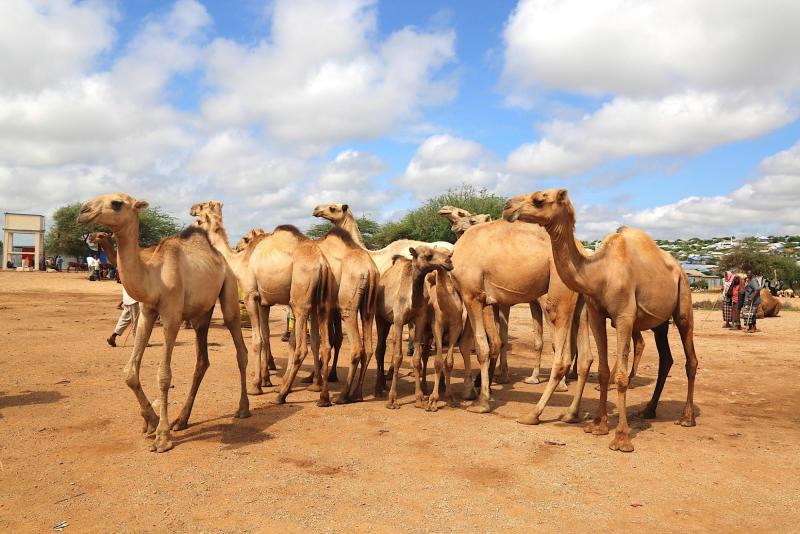Financing livestock trade: Formal and informal finance in Kenya, Mali and Somalia
This report looks at the degree to which traders marketing livestock from the rangelands use formal financial services, and examines the development of these financial services.
Africa’s drylands are largely used by herders who produce livestock in extensive systems involving nomadism or transhumance. Part of their income comes from selling livestock to consumers in distant cities.
Business requires capital, at the very least working capital. This report explores the degree to which traders marketing livestock from the rangelands use formal financial services, including savings, payments, credit and insurance.
It does so within the general understanding that developing such formal services in rural areas of the global south is challenging. This is seen in the often-limited degree to which farmers, herders and other rural people use formal finance.
As such, this study was designed to explore the state of financing of livestock marketing from the drylands, and how this has changed in the new century. It takes three country studies in Kenya, Mali and Somalia, and addresses the following questions:
- How is livestock marketing financed in the drylands of Mali, Kenya and Somalia? How has this changed in the last twenty or so years?
- From where do traders, and others in the marketing chains, obtain capital?
- To what extent do traders use formal financial services for savings, credit, payments and insurance?
- What are the implications for the understandings of formal finance for livestock marketing in further research and policy?
The study found that:
- Livestock marketing chains in all three countries consist of multiple channels that connect different production areas to local, regional, national and export markets. Traders often rely on information from markets and from their social contacts to decide what they do;
- Financial services in rural areas in the three countries are informal and the inclusion of formal finance is therefore low. Payments made through mobile phones are the only notable exception. Mobile payment systems simplify transfers of money that people have long been making;
- Interviews with traders showed that very few took loans for their working capital from formal financial intermediaries. Instead, they started their trade with their savings, which were sometimes topped up by help from family and friends. They built their enterprises by reinvesting profits. At times, they were lent funds by larger traders along the chain.
